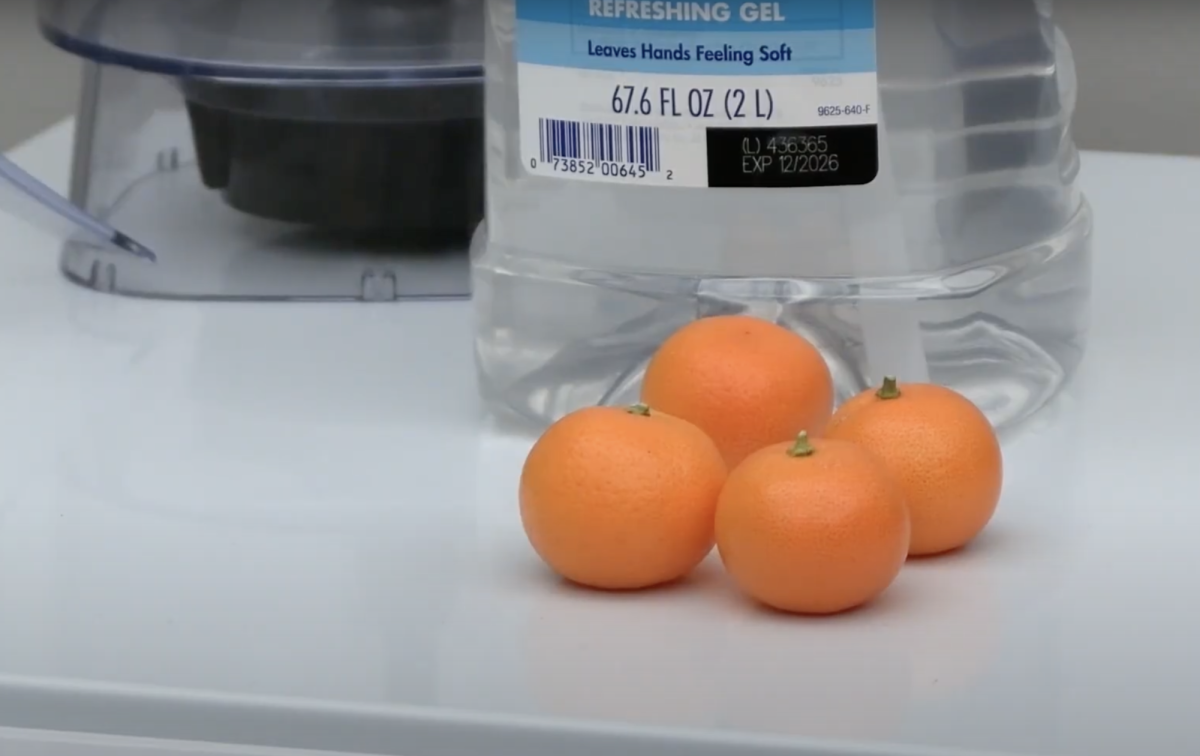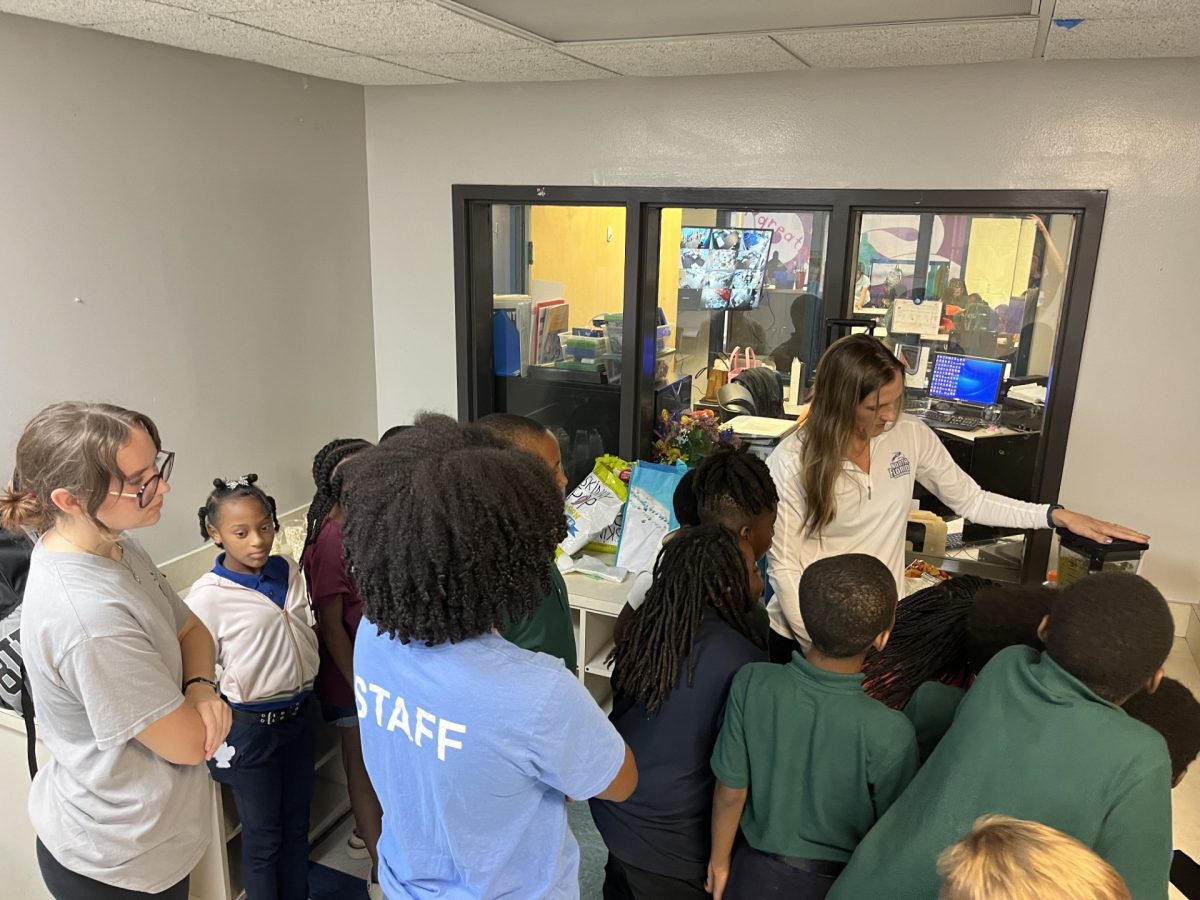By Maggie Seppi
Daunting study guides and impending 20-page papers can make the idea of creating a meal plan seem, well, just downright impossible. But planning those meals – healthy meals, that is – can make you feel better about yourself. And that just might be the extra boost you were looking for.
In college it’s easy to get sucked into eating only what is made quickly and provided conveniently. This is especially true in the middle of the semester, when the social and academic distractions begin to mount and healthy eating routines fall by the wayside.
“[Students] eat one way during the week and another on the weekend,” said Nancy Correa-Matos, assistant professor in the UNF Department of Nutrition and Dietetics. “During the week, students have access to healthier options on campus. On weekends, they often eat less, but what they do consume is much higher in calories.”
Stress is also a factor that determines both what students eat and how much they eat, Correa-Matos said. The key is to eat less, more often — that way, your body can effectively absorb what you take in. This means six small meals is better than a couple large ones, she said.
So what about snacks? The good news is that there are some healthier snacking options out there, but they should still be eaten according to the serving size on the nutrition label.
For example, students can trade whole-wheat crackers and mozzarella cheese for the saturated fat-filled bag of chips they would normally delve into. Ants on a log — or celery with peanut butter and raisins, for those of you who don’t know — is another healthy alternative.
Workouts can be as important as healthy eating — students looking to maintain their weight should exercise 150 minutes a week, said Delores D. Truesdell, assistant professor in the UNF Department of Nutrition and Dietetics. She said if students are looking to lose weight, they should exercise at least an hour a day.
But planning meals is the key to maintaining a healthy lifestyle, said Jackie Shank, the undergraduate program director in the UNF Department of Nutrition and Dietetics.
Shank said students don’t have to obsess over what they eat. Instead, they should be mindful of what they are taking in.
“Look at the labels, and see if eating that doughnut — or whatever it is — is really worth it,” she said.
ASF:
Tips
Breakfast
-Oatmeal with milk helps your body absorb glucose at a slower rate so you feel fuller, longer
-Cereal that is high in fiber and low in sugars has more nutritional value.
-Plain yogurt with fresh fruit is a way to avoid the sugars found in other flavors.
Lunch
-Sandwiches with turkey or ham, which is light in color, are more nutritious because the darker the meat, the more fattening it is.
-Whole-wheat bread and wraps can give you an extra dose of fiber.
Dinner
-Protein, such a fish and poultry, is a good source of nutrition.
-Fruits and vegetables are important, and the more colorful they are, the better because the brighter they are, the more vitamins they have.
-This meal should be smaller than the others because your physical activity slows down at night, so eating a big dinner can lead to weight gain.
Source: Nancy Correa-Matos, assistant professor in the UNF Department of Nutrition and Dietetics











